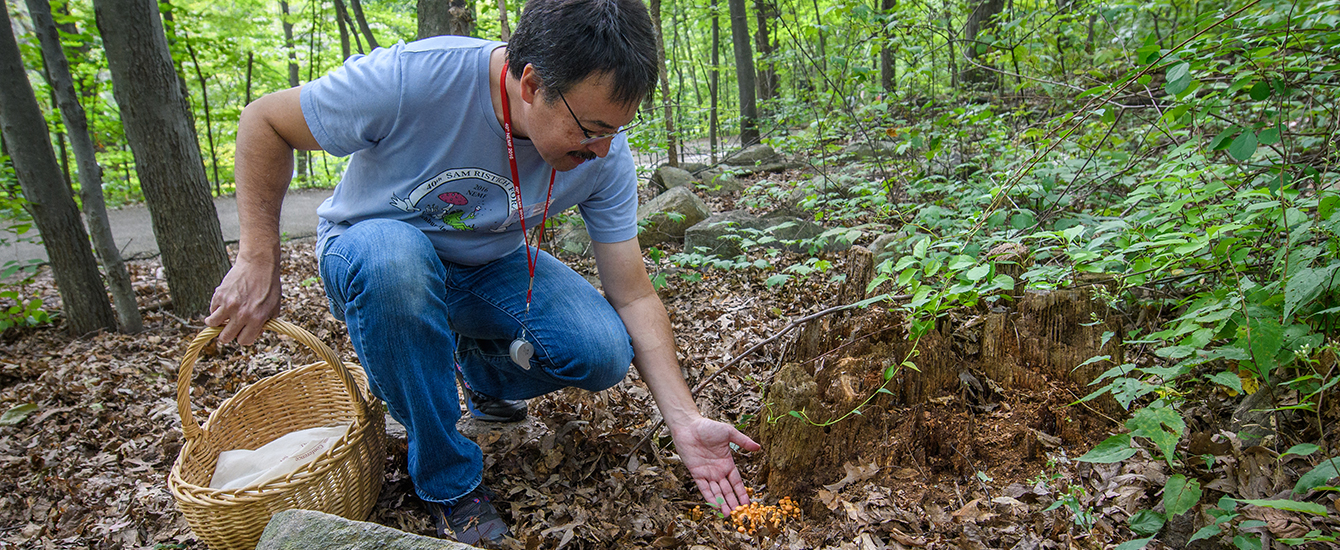Biology
Where are all the undocumented fungal species? A study of Mortierella demonstrates the need for sequence-based classification
Document Type
Article
Abstract
ow many different kinds of fungi inhabit the earth? Hawksworth’s (2001) estimate of 1.5 million extant species is widely cited, but many other figures have been proposed, from a ‘lower limit’ of 712 000 species (Schmit & Mueller, 2007) to over 5 million species (O’Brien et al., 2005). While there is great disparity among these estimates, they all suggest that the c. 100 000 species that have been described (Kirk et al., 2008) represent just a small part of the actual diversity of fungi. It follows that most unidentifiable environmental sequences probably represent new species, which has led to proposals for sequence-based taxonomy (Hibbett et al., 2011). In this issue of New Phytologist, Nagy et al. (pp. 789–794) assess the gap between the described and sequenced dimensions of fungal diversity, focusing on the zygomycete genus Mortierella (and the related mitosporic taxa Umbelopsis, Gamsiella and Dissophora).
Publication Title
New Phytologist
Publication Date
8-2011
Volume
191
Issue
3
First Page
592
Last Page
596
ISSN
0028-646X
DOI
10.1111/j.1469-8137.2011.03819.x
Keywords
biodiversity, molecular ecology, nomenclature, taxonomy, Zygomycetes
Repository Citation
Hibbett, David and Glotzer, Dylan, "Where are all the undocumented fungal species? A study of Mortierella demonstrates the need for sequence-based classification" (2011). Biology. 231.
https://commons.clarku.edu/faculty_biology/231
Cross Post Location
Student Publications



